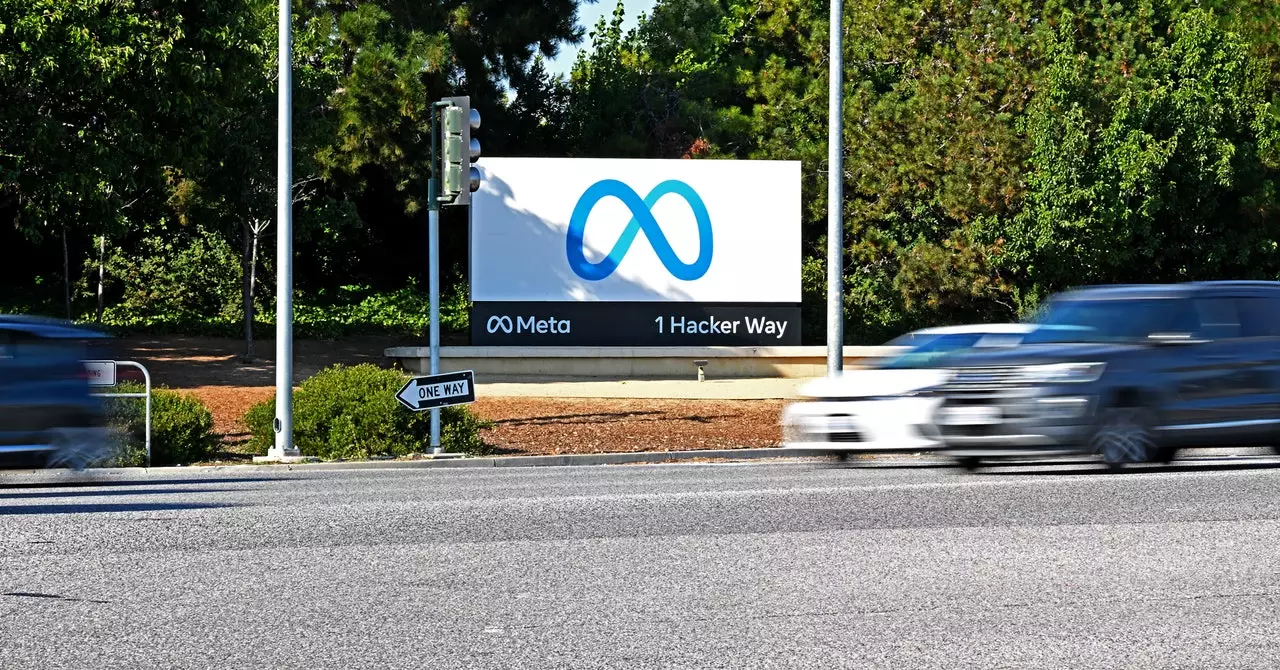The recent announcements from Meta regarding its plans to relocate certain operations to Texas have ignited intense debate both within and outside the company. This controversial move, framed as a response to criticisms of its California roots, raises questions about the motivations behind such a shift and its potential implications not just for the workforce, but for the company’s core values. As corporate leaders weigh the benefits of geographical relocation, the deep-seated ideological divides in the tech industry come into sharper focus.
The suggestion that moving employees from California to Texas will lead to a transformation in their political beliefs seems rather far-fetched. Social and political identities are shaped by an array of factors, and a mere change of address is unlikely to alter ingrained perspectives. Additionally, it appears that the leadership’s justification for relocation is less about the employees’ needs and more about counteracting public relations fallout from its association with Silicon Valley’s liberal values. Employees have expressed frustration over the perception that the company is bending to political pressures, particularly those associated with former President Donald Trump amid ongoing litigation regarding his suspended account.
Staff dissatisfaction is palpable, and for good reason. Meta’s decision to eliminate its diversity, equity, and inclusion (DEI) programs signals a troubling shift away from progressive workplace policies. The announcement has raised concerns that the tech giant is stepping back from its commitment to fostering an inclusive environment, especially with the lack of specific targets for hiring historically underrepresented groups. Employees fear that this signals an organizational culture increasingly tolerant of intolerance—a move reminiscent of a more divisive public discourse.
Policy Changes and Societal Implications
Compounding employee concerns are recent policy changes that seem to loosen restrictions on harmful content. By allowing more flexibilities in addressing controversial topics—such as gender roles and beyond—Meta may inadvertently facilitate the spread of harmful ideologies under the guise of free expression. Critics argue this shift could empower users to target marginalized communities, making social media platforms places of hostility rather than constructive dialogue.
The implications of such a policy shift extend far beyond the corporate sphere. Civil rights advocacy groups have raised alarms, underscoring that these changes could lead to increased harassment and discrimination for vulnerable populations. This sets a troubling precedent, as platforms that should serve as safe havens for diverse voices risk becoming battlegrounds where marginalized perspectives are systematically silenced.
During a recent town hall, Meta’s executives defended their approach as an opportunity to promote a wider range of viewpoints. However, this rationale has left many employees unconvinced, as it appears to prioritize political appeasement over the well-being of its workforce and users. The management’s reluctance to commit to transparency regarding the diversity of its workforce seems to further validate employee skepticism toward the company’s future trajectory.
With managers divided on the subject of diverse hiring, the disconnect between leadership and employee sentiments becomes glaringly obvious. While some team leaders advocate for continued efforts in promoting diversity, the overarching messages from company management reflect an unsettling retreat from progressive values.
Meta stands at a crossroads, weighed down by the implications of its recent decisions. The company’s controversial relocation, coupled with significant policy overhauls, presents a unique challenge that could determine its long-term viability and cultural relevance. As voices within the workforce express frustration, the broader narrative around corporate responsibility and societal impact continues to evolve. The road ahead is fraught with challenges, and whether Meta can reconcile its shifting strategies with its foundational commitments to diversity, equity, and social responsibility remains to be seen. The company’s future may hinge on its ability to navigate these tumultuous waters while adhering to the ideals that brought it success in the first place.

